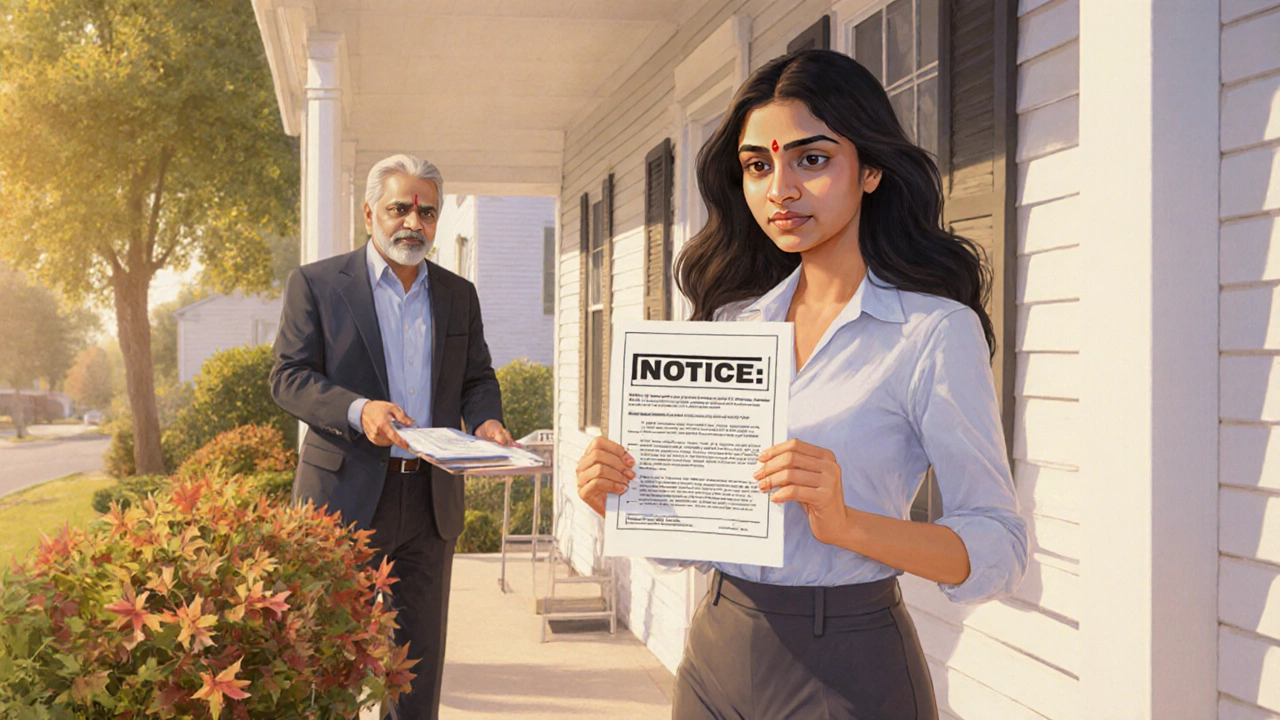Moving into a new place can feel overwhelming, especially when you’re not sure what the law says about your rights. In Virginia, the rules are clear but often misunderstood. This guide breaks down the most important points so you can rent with confidence.
Virginia law guarantees that a landlord must keep the rental unit safe and livable. That means functional plumbing, heating, and a structure that doesn’t fall apart. If something breaks, you have the right to request repairs in writing. Give the landlord a reasonable time—usually 48 hours for emergencies and a few days for non‑emergencies—to fix the issue. If they ignore the request, you can withhold rent or even break the lease, but only after following proper legal steps.
Security deposits are another common question. Virginia allows a landlord to ask for up to two months’ rent as a deposit. They must return it within 30 days after you move out, minus any lawful deductions for damages beyond normal wear and tear. If they keep part of the deposit, they need to give you an itemized list of the costs.
Unlike some states, Virginia doesn’t cap how much a landlord can raise rent. However, they must give you proper notice. For a month‑to‑month tenancy, a written 30‑day notice is required. If you have a fixed‑term lease, the rent can’t change until the lease ends unless the contract says otherwise.
Changing the lease terms—like adding a pet fee or modifying parking rules—also needs a written agreement signed by both parties. Never sign a blank or vague addendum; ask for a copy that spells out the new terms.
If you suspect retaliation—say the landlord tries to raise rent or evict you right after you complained about repairs—that’s illegal. You can fight back in court, and the judge may order the landlord to stop the retaliatory action.
When it comes to eviction, the process is formal and must follow state law. A landlord can’t just lock you out or shut off utilities. They must serve you a written notice first: a 5‑day notice for non‑payment of rent, or a 30‑day notice for other lease violations. If you don’t fix the issue, the landlord files a lawsuit, and a judge decides whether eviction is justified.
Knowing these basics helps you avoid surprises and protects your money. Keep copies of all communications, take photos of any damage, and never pay extra cash without a receipt.
Virginia also offers resources for renters who need help. The Virginia Department of Housing and Community Development provides free legal clinics, and many counties have tenant‑advocate groups that can walk you through the process.
Bottom line: understand your lease, document everything, and speak up when something’s wrong. Your rights are there—use them to make renting a smoother experience.

Find out if a Virginia landlord can hike your rent by $300, what notice they must give, legal limits, and how you can respond or negotiate.